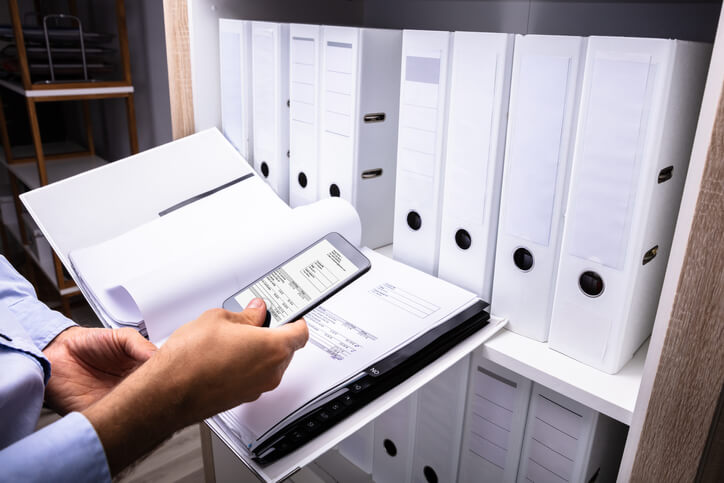
Dental Receptionists perform several important tasks and fill critical gaps in a dental office. They take charge of the administrative operations in a dental office and give the dentists the necessary leverage to focus on providing effective and efficient patient care.
One key part of their work schedule and daily operations is the keeping of patient/client records. It is an essential requirement of their job title and a key asset to the smooth and successful running of any dental clinic. It is a key component of the dental receptionist training programs offered by most dental healthcare training institutes. In this blog, we discuss a few relevant best practices in client record keeping that dental receptionists must be aware of after completing their training programs.
Carefully Organize files
As the receptionist in a dental healthcare facility, you’ll be charged with the custody of several patient files that’ll be requested at different times. Therefore, you must be able to properly organize, store, and retrieve the files at all times. To do this job well, you’ll be best served by using a consistent, easily accessible, and flexible filing system.
You should be able to safely keep everything from patient charts to their medical history, treatment plans, and other vital files, using physical or digital filing systems. While filing these documents, sort them into spaces where they can be easily identified by the patient’s name, ID number, or any other identifier unique to the patient. These organization techniques feature as part of the dental reception courses taught at such training centers as the Discovery Community College (DCC).
Take Records Consistently And Comprehensively
Your work as a dental receptionist may often put you at the center of a flurry of activities. It is possible you may miss out on vital information if you don’t record each encounter as they unfold. Over your contact with patients and their families or dentists, note down important information like dates, times, and the nature and specifics of the interactions that play out.

For every patient call, log key details such as symptoms, services, treatment schedule/plan, consent information, payment, purchases, insurance, and patient history. After gathering the relevant details, file them properly with recourse to standard practices in documentation privacy, format, access, and security. You can learn more about these practices at dental reception training, where you’ll also explore ways of being more effective.
Dental Reception Training Emphasizes The Importance of Backup Files
It is important to back up every client record in your possession. To ensure you can have a fallback in the unlikely event that you lose your original files. Use external drives to back up important patient files or make extra physical copies and store them in a safe and secure location. Make the backup files ready to use and easily accessible so you can always resort to them when the need arises.

Respect Client Data Privacy And Information Confidentiality
Patient data privacy and confidentiality are important values that’ll be emphasized during your dental reception certificate program. This is because your role as a dental receptionist will have you being privy to important patient information. You must keep this private patient data confidential and ensure they don’t get into the hands of unauthorized persons.
You should only ever divulge them to the relevant healthcare professional that needs them or to the patient themselves, their relatives, or any other authorized persons. If you’re required to get consent before handing over the information, ensure you get it from the right person/s. This way, you can repose the trust that your patients have in you and maintain the ethos of your profession.
Are you interested in Dental Reception Training?
Contact us at Discovery Community College to find out about our certificate training program.

